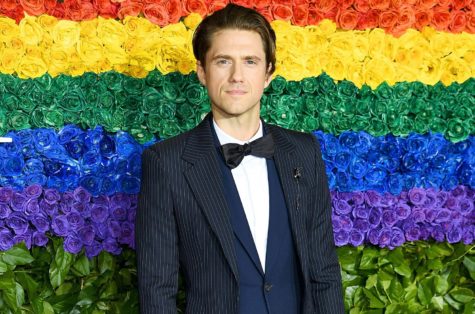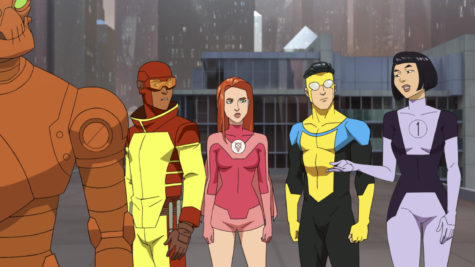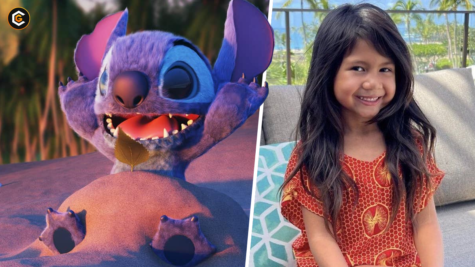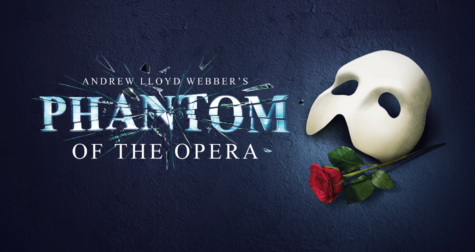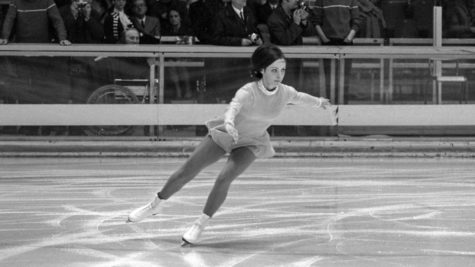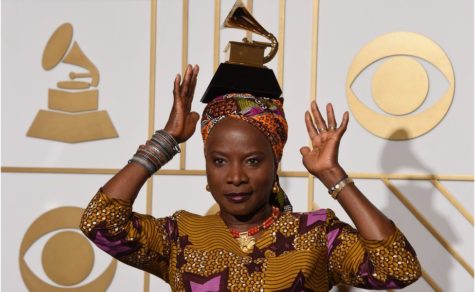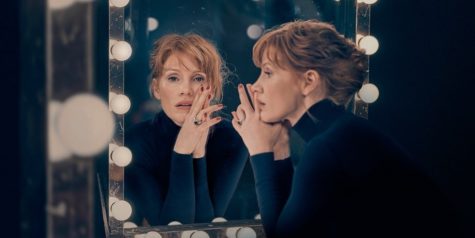“The Last Airbender” Returns
September 29, 2020
If you are on any form of social media, it’s hard not to recognize the return of a very popular show. From memes to conspiracy theories, the return of “Avatar: The Last Airbender” has dominated pop culture.
When the show aired in 2005 it had an average of 3.1 million viewers tuning in for every new episode. Though the leading demographic at the time was six- to 11-year-olds, the return of Aang and his friends to Netflix this summer has attracted audiences of all ages.
Perhaps part of this could be the fact that those six- to 11- year-olds grew up, and now watch it for the nostalgia.
When rewatching it in 2020, I found Avatar even more entertaining than I did before. Based on the whirlwind of TikToks and memes, I would guess I’m not the only one. What is it that makes “Avatar” so appealing to everyone?
The main reason “Avatar: The Last Airbender” appeals to such a vast audience is because there is something in this show for everyone, despite age, political beliefs, sense of humor, or even basic personality traits. No matter how young or old, this storyline is entertaining. For younger kids and the current emerging adults, that could be enough of a reason to watch this show and enjoy every second. Yes, it’s the classic good vs. evil storyline. The plot twists and new characters sprinkled throughout the show make it different and captivating.
Older adults may value entertainment, but they also might crave something “worthwhile.” Could “Avatar: The Last Airbender” appeal to them?
It can, in fact. More serious and adult topics such as war, genocide and imperialism are common themes raised throughout the show, while also exploring issues of free will and destiny.
While this show is truly entertaining, it can also be very thought-provoking. Along with this idea, the societal issues of the show cannot be overlooked. A very relevant topic is the depiction of female characters, including Katara, Azula, Toph, Suki, Azula, Mai, and Ty Lee.
Every single female character in this show is powerful. In certain points of the storyline, they even blatantly depict gender discrimination and battle it head-on. For example, when Sokka first meets Suki and her warriors, he expresses his knowledge that he is stronger and better suited to fight simply because he is male. The women quickly prove him wrong and train him as a warrior – only after he abandons his misogynistic views.
The way “Avatar: The Last Airbender” calls out gender discrimination and uses entertainment to convey the power of females is empowering to women of all ages. However, empowerment in this show is not limited to just females.
Prince Zuko strives for his father’s approval throughout the series, to his own extreme detriment. Yet he ultimately discovers this is not who he is, or what he wants. This shows the younger generations that it is okay to choose a destiny, even though it may not always be what others want.
All generations can be educated by the iconic character of Uncle Iroh. He supports Zuko in the decisions he makes and encourages him to make his own path. Even when Zuko hurts Iroh, is impatient, or dismisses him, his uncle is always there to forgive him and provide him with guidance.
Uncle Iroh is popular, of course, for his iconic jokes and songs, but also because he is an image of what young generations want: support for their individualism and empowerment.
The sense of humor and personality traits of the characters are some of the key aspects to why audiences are so entertained by “Avatar.” Between Sokka’s puns, Iroh’s sunny optimism, Toph’s sarcasm, and unique sound effects, there is an element of humor for anyone who likes to laugh.
The personality traits are also intriguing to us because we identify with the characters, or at least appreciate their characteristics. Katara’s responsibility, Sokka’s silliness, or Aang’s kindness are either things people see in themselves or just like about the character.
A huge aspect of this show is the personalities depicted by the types of bending and the want to identify with one type. The number of Instagram polls asking, “am I a Firebender or an Earthbender?” is astonishing. People want to know where they fit in the “Avatar” universe. After looking at the show as a whole, there is no question as to why it has broken the internet.
Not only is it entertaining, but it’s empowering and thought-provoking. From young children to their grandparents, there is truly something in this show for everyone. “Avatar: The Last Airbender” may be defined as a children’s show but it has proven to be much more.

